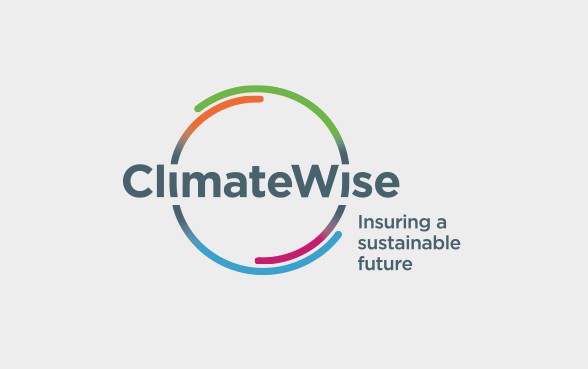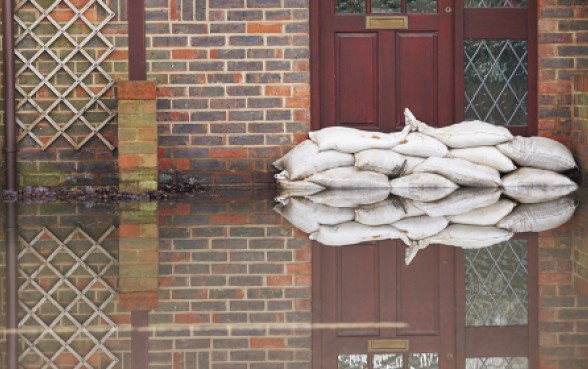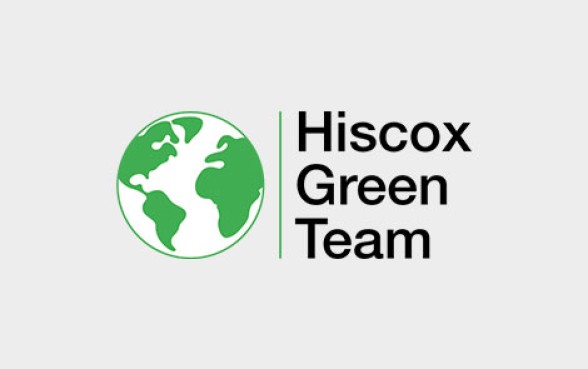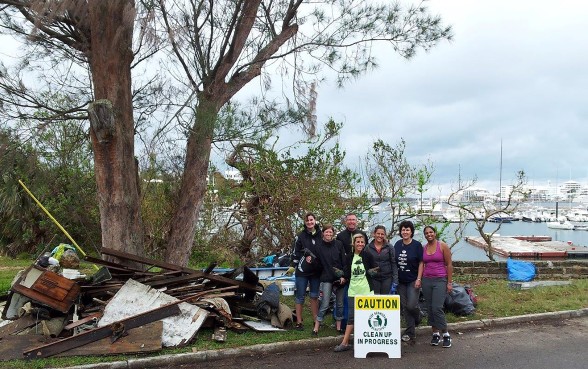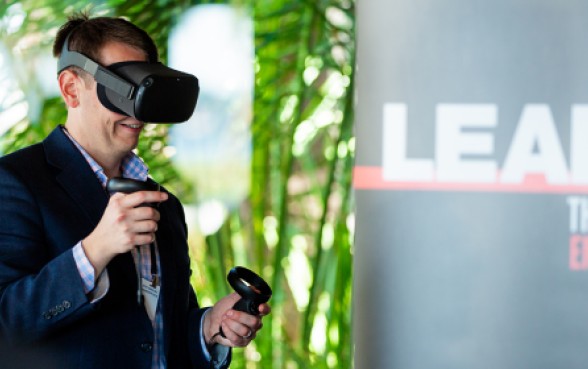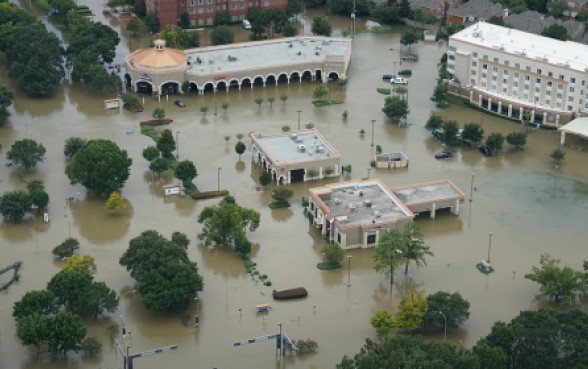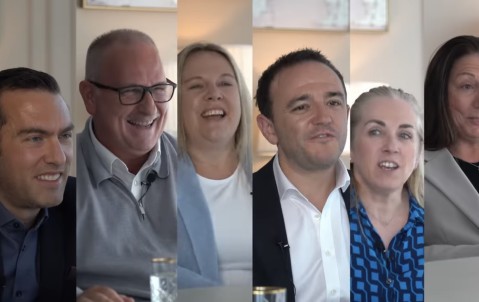We achieve more together
We’re a founding member of ClimateWise, which aims to leverage insurer’s collective expertise to better understand, communicate and act on the risks associated with climate change and work closely with Lloyd’s and the Association of British Insurers (ABI).
More information on ClimateWise and the work Hiscox is doing here is available at www.climatewise.org.uk.

